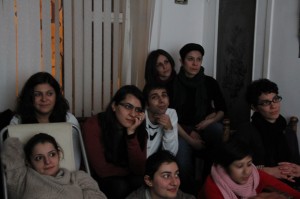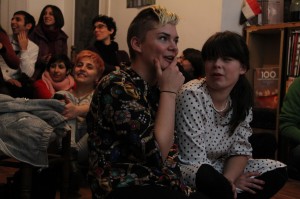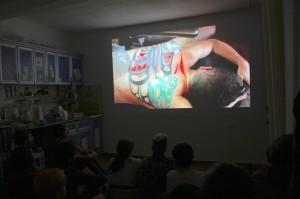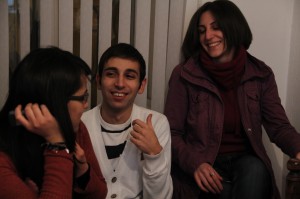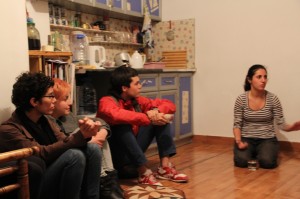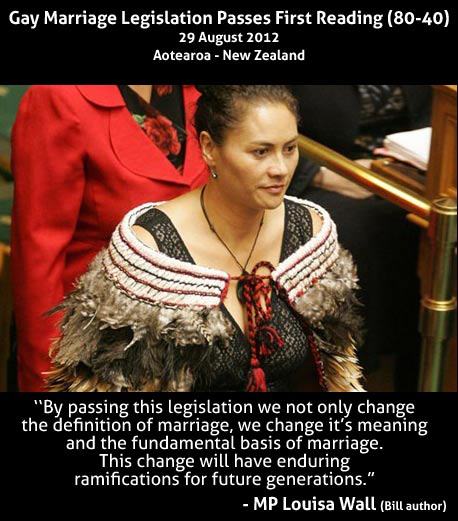On Saturday, November 17, the AJZ Space in Yerevan, Armenia hosted a screening party of THE SKIN I’M IN coordinated by The Screenery, PINK Armenia, Queering Yerevan, and talented filmmaker and scholar Anahid Yahijan (a former student of mine).

Approximately 25 attendees representing a range of hybrid nationalities, sexualities, and identities were in attendance and contributed to what sounds like a spirited and nuanced discussion of the film afterward. Anahid related many positive comments about the universality of various aspects of the story and an overall appreciation of its honesty. Two lines of critique and their ensuing debate at the event are especially interesting to me and worth sharing here.

Some of those in attendance questioned the cultural appropriation present in the film (my world travels, collaborating with a Kwakwaka’wakw artist to design a tattoo, and the return to indigenous notions of tattooing as ritual). In a globalizing world where Westerners like myself (coming from distinct legacies of privilege) are critical of the American status quo and seek out other historical and transcultural traditions as touchstones for a way of living, is this a sign of progress or simply of cultural hegemony and postmodern pastiche? My own answer would be that it all lies in intent, level of engagement, and the spirit of the interaction, and that we can get paralyzed in postcolonial theory and political correctness if we are not careful. This is an important conversation that I try to open up through the film and want to hear your thoughts on below.

A cohort of queer women at the screening were apparently put off by the multiple personas and frequent performative screen doublings I use to not only tell my own story but also to evoke past moments and encounters for which I have no footage. One woman referred to these strategies as grave betrayals of what many queer theorists have tried to fight: the notion that queerness is all about ego, a narcissistic mirroring of the self, and chalked the film up to an ultimate act of aesthetic narcissism that could have no larger social import due to its particularity to one individual’s story. Concerns about “unhealthy narcissism” area of course one that keeps any right-minded autobiographical filmmaker up some nights.

But it is worth unpacking the common levying of “narcissism” as a pejorative. In the psychoanalytic sense of the word, a healthy narcissism and mirroring of self in one’s parents is deemed vital for balanced social development. And yet mainstream culture has long denied queer identities such mirroring, as argued in the background clip on the Dr. Fox page of this site) My own hope is that in a digital age of self-disclosure on the streams of social media, that the film is in fact a return to the performative traditions of queer media (i.e. Marlon Riggs) and the autobiographical impulses of third-wave feminism (i.e. Vanalyne Green), where the crafting of such a piece returns a degree of self-reflection and retrospection into the act of digital autobiography, and that sites like this one and imfromdriftwood.com offer the opportunity for the sharing of personal stories to provide much-needed mirroring to underrepresented components of culture and opportunities for ongoing dialogue and debate.

Wherever people come in on my particular film, let’s at least be sure to exercise these digital potentials for dialogue! Check out the great photos of the event, host a screening party of your own, and join the conversation below.

